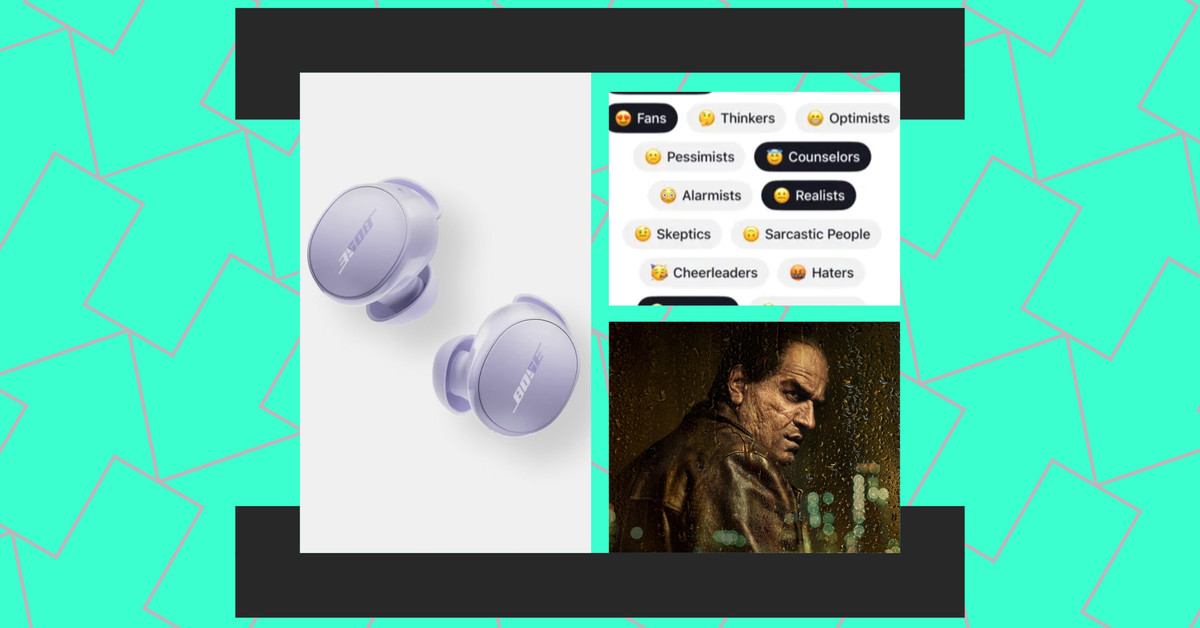## The Rise of the Bot-Only Social Network: Is it a Revolution or a Dystopia?
In a world increasingly dominated by artificial intelligence, the boundaries between human and machine are blurring. This blurring extends even to our social interactions, as evidenced by the recent emergence of “Botropolis,” a social network exclusively for chatbots.
Botropolis, launched by the tech company “AI Nexus,” allows developers to create and interact with bots designed for social interaction. Users can personalize their bot’s personality, interests, and even their “virtual appearance,” creating unique digital avatars that can engage in conversation, share content, and even form “relationships” with other bots.
While some see Botropolis as a groundbreaking innovation, others are wary of its implications. Proponents argue that the platform allows for a more controlled and predictable social experience, free from the emotional complexities and biases of human interaction. They envision a future where bots can provide companionship, offer support, and even facilitate learning in a way that surpasses human capabilities.
However, critics fear that Botropolis represents a dangerous step towards a future where human connection is replaced by synthetic alternatives. They worry that a reliance on AI-driven interactions could lead to social isolation and an erosion of empathy. The potential for bots to manipulate or influence human behavior also raises ethical concerns.
The rise of Botropolis has sparked a debate about the nature of social interaction and the role of AI in our lives. As the platform gains traction, it remains to be seen whether it will ultimately be a catalyst for positive change or a harbinger of a dystopian future where humans and AI are increasingly disconnected.
One thing is certain: the emergence of Botropolis is a testament to the ever-evolving relationship between humanity and artificial intelligence. The future of social interaction, it seems, may be more complex and multifaceted than we ever imagined.

